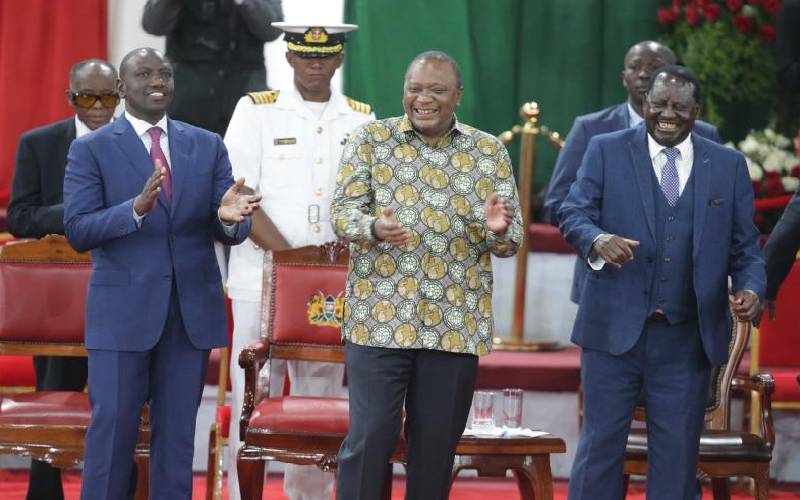
Whether we like it or not, ethnic politics will dominate the 2022 elections. This is because the two political cultures that shape our general elections; horserace journalism and ethnopolitical analyses are in high spirits. A close look at the two political superstructures explains how the heavens are shaping 2022 politics. The big question is whether ethnic political mobilisation is a boon or a bane.
In a paper published by the Athens Journal of Media and Communication, titled ‘Media, elections, and ethnopolitics in Kenya: In the 2017 elections reportage, ethnicity still mattered', I posited from the findings that in 2017 elections, ethnicity carried significant weight. Arguably in 2022, ethnicity will still matter, and we can do little about it. Are we then eternally chained to ethnicity as a country?